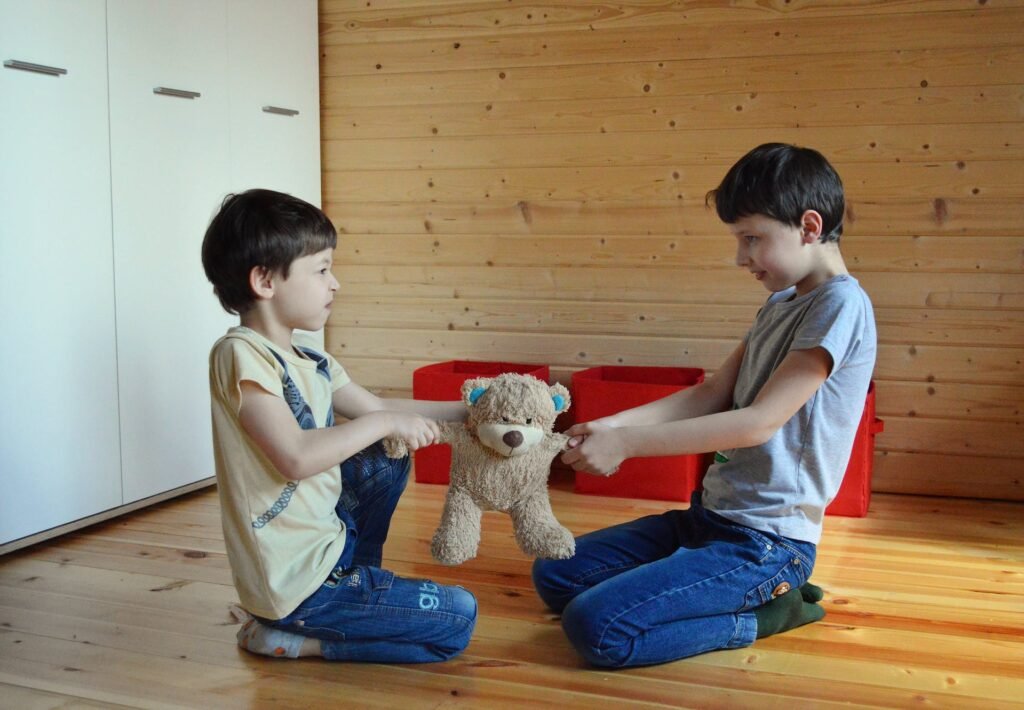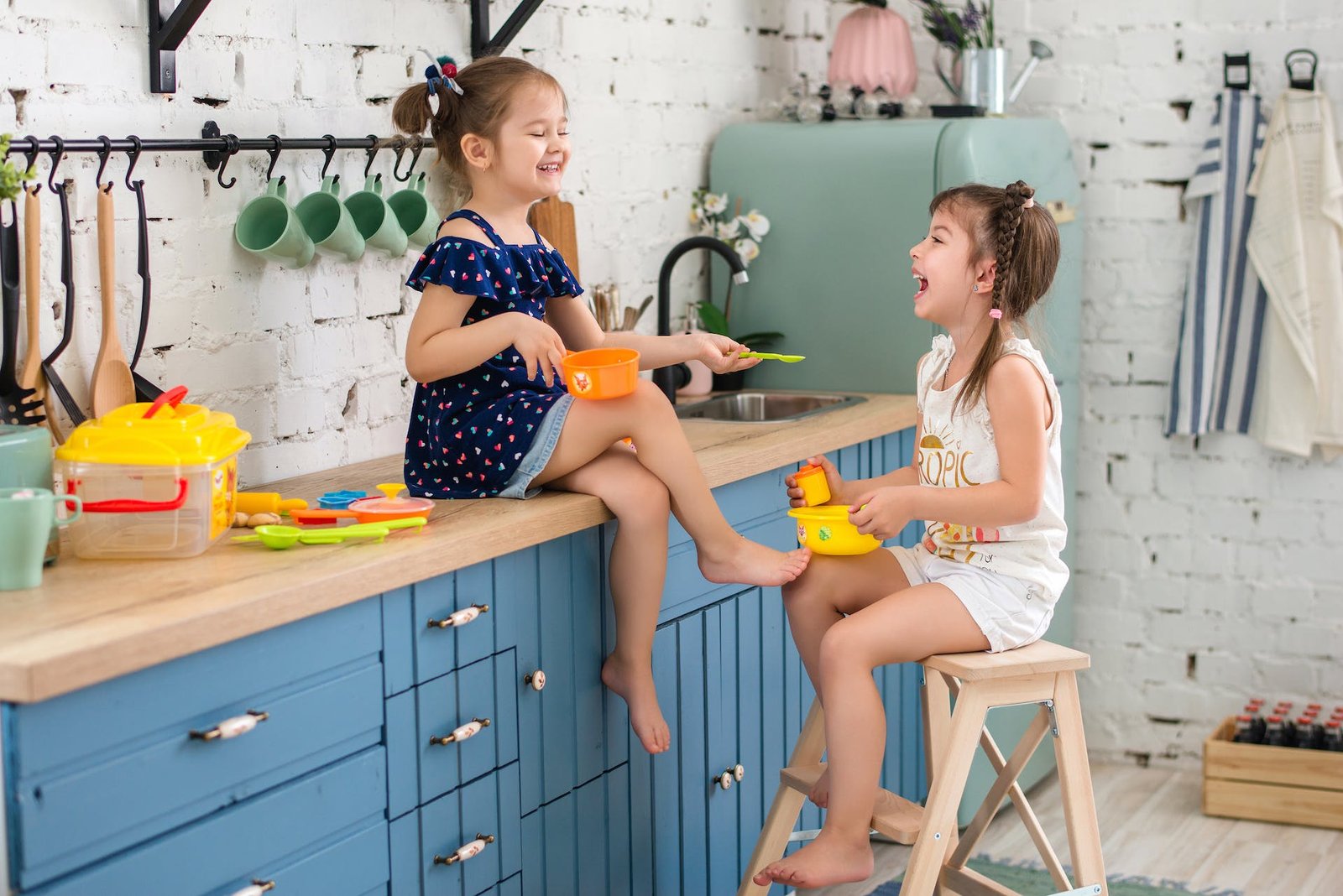Last week, I wrote about the amazing, wonderful, unrealistic ideas I had about parenting when I was a young mother. One of them was the idea that having children twenty months apart would result in inseparable playmates who would keep each other entertained. And I guess that was partly true. My two-and-a-half-year-old son was greatly entertained by writing all over his 12-month-old sister’s torso in permanent marker while I was trying to clean up the lunch dishes.
And, while they did argue over whose turn it was to pick the movie or the bedtime story, they actually had some pretty sweet moments. When my daughter was still in a crib, I’d often come in after their naptime to find my son jumping up and down beside her while she giggled and shrieked. When they were preschoolers, they invented their own “twin” language that no one else could understand. When they were in primary school, my son challenged another boy to a rap battle after the boy teased his little sister. And my daughter has defended her brother with peers the same way (minus the rap battle).
It almost makes the arguing over whose IDENTICAL chair is whose at the dinner table just about worth it. Just about.
There are ways to foster good sibling relationships. Some tips I’ve picked up as a mom of close-in-age siblings, others I have seen parents put into practice. Still others I’ve read about now and wished I’d been on the ball enough to try them way back when. I hope they might be useful to someone reading this, wondering how to get through the “TELL HIM TO STOP TOUCHING ME” era.

- Make opportunities for quality time together. If they both like puzzles, give them a shared gift of a puzzle. Play soccer together. Chores can be a team effort instead of in turns.
- Do as you say. Nothing teaches children about kindness and respect like a parent’s example. The more they see how you react and respond, the more they learn how to treat one another.
- Teach them how to work out their own conflict. We all like to say, “work it out yourselves,” and then are surprised when things get really loud and really unpleasant. That’s because they may not have all the skills to work out conflict alone. Teach them simple steps that become more and more their own responsibility as they learn.
- Help them learn about emotions. When kids can identify and talk about their emotions, it comes out less like “you’re a noob” and more like “I feel frustrated when you come in my room without knocking.” In other words, they learn how to understand their emotions AND how to communicate effectively.
- Model ways of regulating emotions by doing it yourself. I can honestly relate to how hard this one is. My kids have a really “hilarious” story of the time they had pushed my buttons all day (as we moved houses), and the straw that broke the mama’s back was when one whispered the word “pepino” (cucumber) when I asked them not to say another word. At that point, I told them (in a very non-whispery tone) that I needed a little alone time because I was feeling angry. They find it funny now, but I hope it demonstrated that taking a little time away is okay when we experience strong emotions (although, in retrospect, I should have said it a little more whispery).
Above all, spend those moments as a family that children cherish, where everyone belongs and has an important role to play. When they live in a home where there’s love and acceptance, they will form bonds that last a lifetime.


